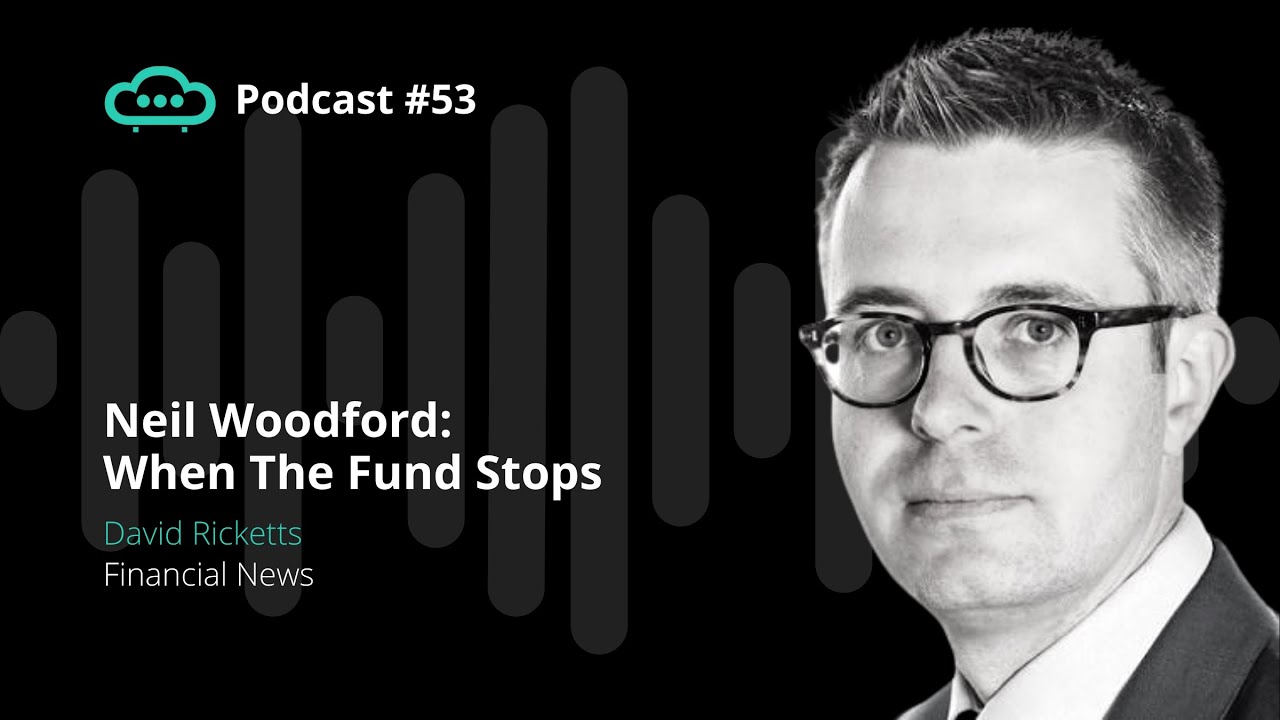
Introduction
Neil Woodford, once hailed as the UK’s leading fund manager, epitomised success in the investment world. His funds, especially the Woodford Equity Income Fund, attracted billions of pounds from investors, renowned for strong performance and a reputation for identifying promising companies. However, his fall from grace has underscored the intricacies and risks associated with fund management, raising questions about investor trust and regulatory oversight.
Background and Rise to Prominence
Woodford began his career in the finance sector in 1987 before making his mark at Invesco Perpetual, where he managed the firm’s lucrative high-income fund for over 25 years. His reputation soared as he consistently beat market indices, showcasing an ability to spot undervalued stocks. In 2014, he established his own investment firm, Woodford Investment Management, promising a fresh approach to fund management. His flagship fund attracted £10 billion within a year, reflecting immense investor confidence.
The Downfall
However, by mid-2019, concerns began to mount. The Woodford Equity Income Fund suspended trading, leaving thousands of investors unable to access their money. This precipitated a further decline in Woodford’s reputation, leading to significant losses for his investors. The suspension stemmed from liquidity issues, primarily due to a hefty investment in private companies which are harder to sell compared to public stock. The suspension was compounded by declining performance, revealing that many of his investment strategies were not yielding the expected returns.
Key Events and Aftermath
Since the suspension, the UK Financial Conduct Authority (FCA) has launched investigations, scrutinising the fund’s management and the roles played by those in charge. In October 2020, investors were informed that the fund would be wound up entirely, an event that shocked many and prompted further questions about regulatory practices surrounding fund management. Following the downfall, Woodford became a focal point in discussions about transparency and risk in investment strategies.
Lessons Learned and Future Outlook
The saga of Neil Woodford serves as a cautionary tale in the investment community. It has prompted a re-evaluation of how funds are marketed to retail investors and raised discussions about the necessity for stricter regulations in private equity investments within public funds. For investors, the incident highlights the importance of conducting thorough due diligence and managing risk appropriately. As the industry evolves, it remains vital for investors to stay informed and cautious when evaluating fund managers.
Conclusion
Neil Woodford’s journey underscores the volatile nature of investment and the inherent risks in fund management. As the financial landscape continues to change, both investors and regulators must learn from this experience to safeguard against future calamities, ensuring that the integrity of the investment community is maintained.
You may also like

Understanding Tax: Its Importance and Recent Changes

Current Insights on Shell Share Price
